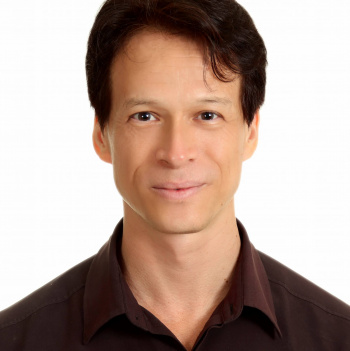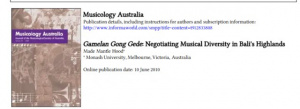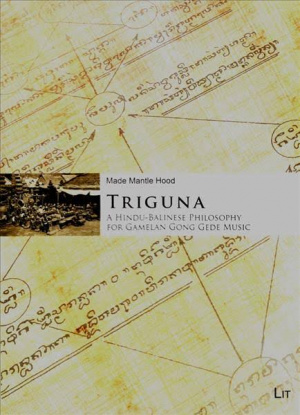Made Mantle Hood is professor of ethnomusicology, Chair of the Graduate Institute of Ethnomusicology and Director of the Asia-Pacific Music Research Centre at the Tainan National University of the Arts, Taiwan. He serves as Chair (2021-2025) of the ICTM PASEA study group. His previous posts were at Universiti Putra Malaysia (2012–2018), Melbourne University, Australia (2011–2012) and Monash University, Australia (2005–2011). His current research interests include ontologies of sounded movement, endangered forms of vocalisation, tuning systems as well as music and social justice. He is currently the lead researcher in the Taiwan Ministry of Science and Technology-funded project, Towards the Sustainability of Vocal Heritage in the Philippines, Malaysia and Indonesia (2019–2021). He is the author of Triguna: A Hindu-Balinese philosophy for gamelan gong gede music (2010) and co-editor of Music: Ethics and the community (2015).
Made Mantle Hood adalah profesor etnomusikologi, Ketua Institut Pascasarjana Etnomusikologi dan Direktur Pusat Penelitian Musik Asia-Pasifik di Universitas Seni Nasional Tainan, Taiwan (TNNUA). Beliau menjabat sebagai Ketua (2021-2025) kelompok studi ICTM PASEA. Jabatan sebelumnya adalah di Universiti Putra Malaysia (2012–2018), Melbourne University, Australia (2011–2012) dan Monash University, Australia (2005–2011). Penelitiannya saat ini meliputi ontologi suara, vokalisasi yang terancam punah, sistem tuning/laras serta musik dan keadilan sosial. Saat ini ia adalah peneliti utama dalam proyek yang didanai Kementerian Sains dan Teknologi Taiwan, 'Towards the Sustainability of Vocal Heritage di Filipina, Malaysia, dan Indonesia' (2019–2021). Ia adalah penulis 'Triguna: A Hindu-Balinese Philosophy for Gamelan Gong Gede Music' (2010) dan co-editor Music: Ethics and the Community (2015).
Nothing was added yet.









Enable comment auto-refresher